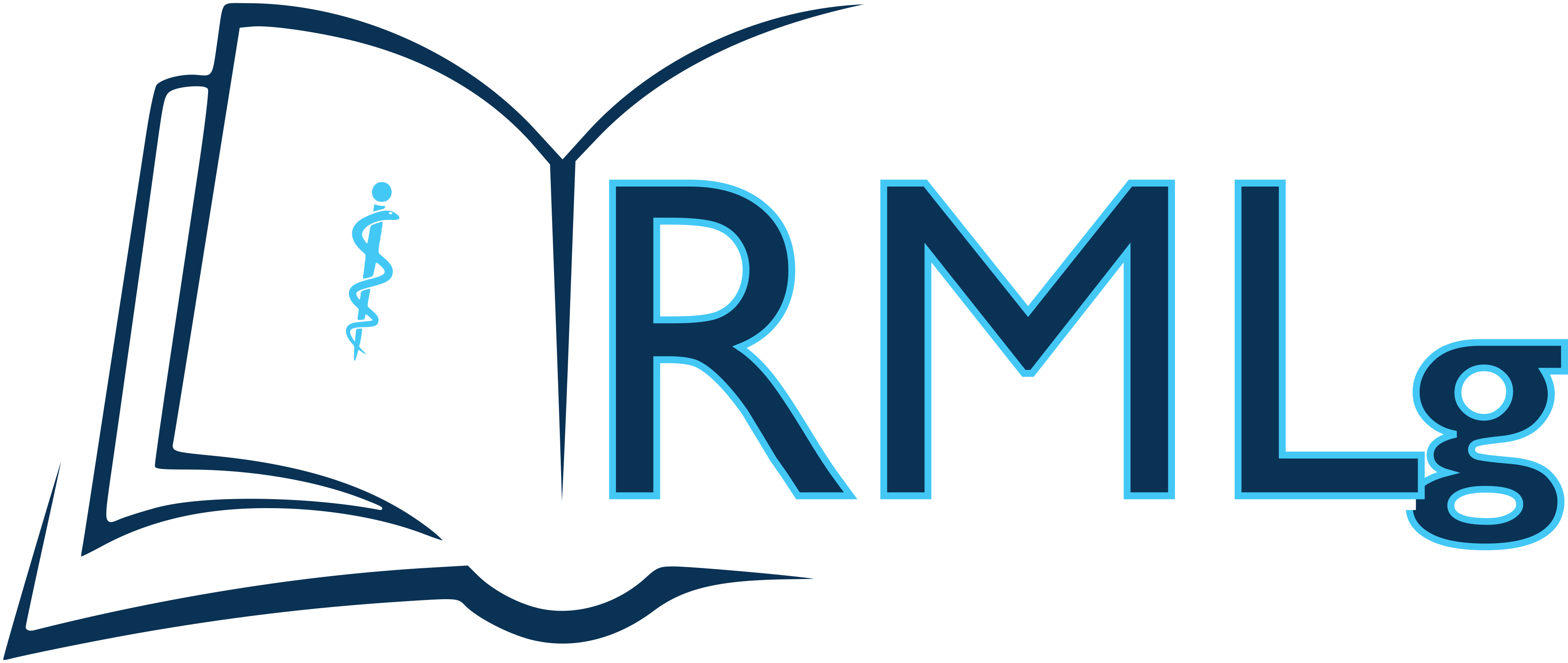-
Anti-MOG antibody encephalitis mimicking herpes simplex encephalitis
Hatt F , Jacques J-M
Rev Med Liege 2025, 80(10),642-644Abstract : We report the case of an 18-year-old man admitted to the emergency department with suspected herpes simplex encephalitis. He presented with headaches, memory disorders, and a low-grade fever at home, not found in the emergency room. The clinical examination revealed minimal temporal disorientation, contrasting with the cerebral MRI showing bilateral temporo-insular lesions suggestive of herpes simplex encephalitis. Because of ineffective aciclovir treatment and negative HSV-1 PCR in the cerebrospinal fluid, a search for serum anti-MOG antibodies was carried out, confirming autoimmune encephalitis. High-dose corticosteroid treatment allowed progressive neurological improvement. Anti-MOG antibody encephalitis is an autoimmune central nervous system disorder with a broad clinical spectrum. Diagnosis is based on anti-MOG antibody detection and cerebral MRI. First-line treatment is high-dose corticosteroid therapy. This case illustrates the complexity of the differential diagnosis of acute encephalitis and the importance of considering autoimmune etiologies, even in cases with a presentation suggestive of herpes simplex encephalitis. Close collaboration between emergency physicians, neurologists, and immunologists is necessary to optimize patient management.

